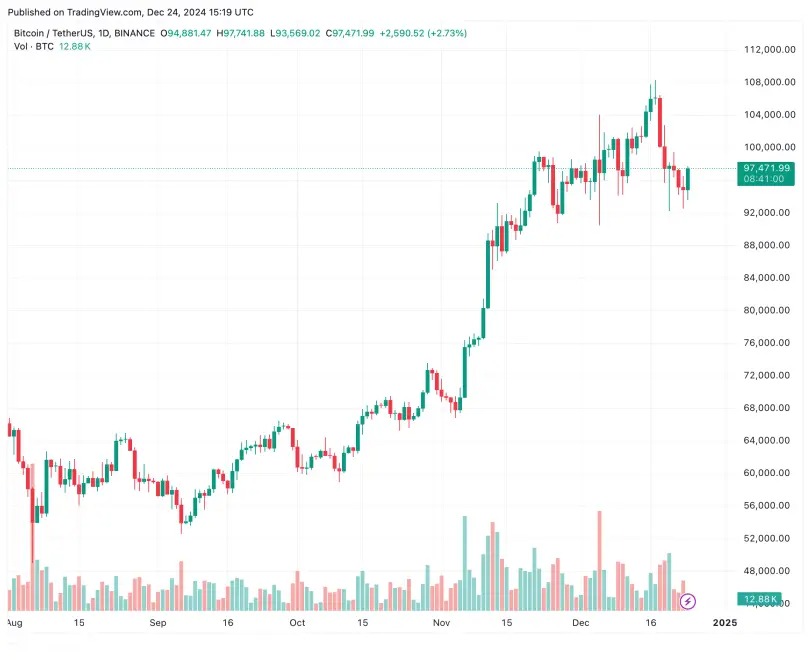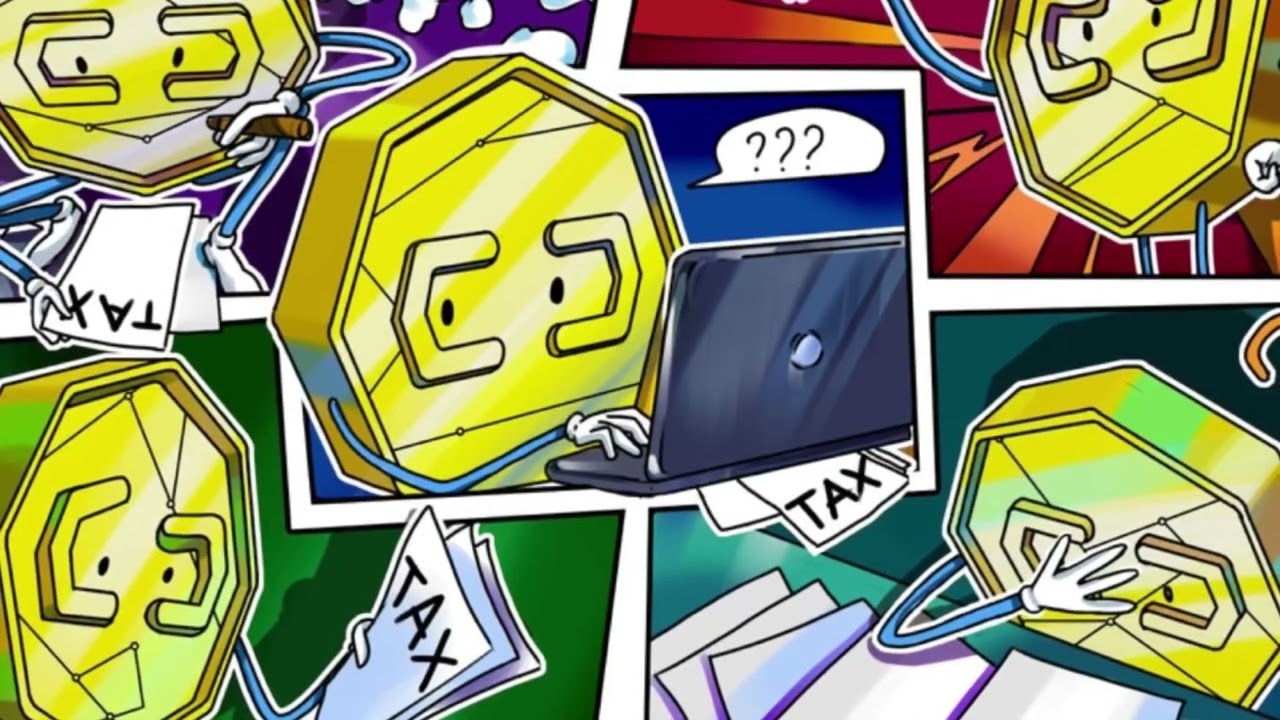The IRS has clarified its position on IRS staking taxation, emphasizing that staking rewards are taxable upon creation. The IRS previously held this view. The fact that the money generated from activities that entail staking is subject to taxes even before the taxes are paid is something they have made quite apparent. This is one of the things that they have articulated very clearly. The Internal Revenue Service (IRS) also stated that staking awards are subject to immediate taxes upon production because they do not involve the development of new property.
IRS Staking Tax Rules
When issued and generated, the IRS advises Bloomberg to tax digital asset staking incentives as income. US stock payment taxes may change. The regulator stated that staking does not create property like farming, industry, or invention. The IRS only opposes taxing staking-generated bitcoin that is sold or exchanged. In Tennessee, Joshua and Jessica Jarrett fight the IRS. Tezos (XTZ) casino players wanted tax-free earnings till selling or transferring. Like agriculture and books, money was “new property.” The IRS taxed wagers. Staked Bitcoin blockchains can verify payments. PoS/consensus permits passive asset utilization. The IRS will consider block incentive losses as income in 2023. Calculate token tax and value.
IRS and XTZ Tokens
The Jarretts sued the IRS in 2021 over the taxation of 8,876 XTZ tokens obtained as staking rewards in 2019. They asserted that these awards constituted “new property” and necessitated no taxation until their sale or exchange. The duo argued that staking rewards should be taxed only upon monetization, like farming or manufacturing. The pair denied a $4,000 IRS tax refund to create a legal precedent for all proof-of-stake blockchain networks. The reimbursement mooted the issue; therefore, the court dismissed it.

The Jarretts filed a second lawsuit in October 2024 to recover $12,179 in taxes paid in 2020 on 13,000 XTZ tokens obtained via staking. They also requested a permanent injunction against the IRS’s staking reward tax. This ongoing lawsuit may affect US crypto staking reward taxation. The IRS has made it simpler for people to submit crypto taxes, implying that they are pursuing crypto investors is unfair.
The US government is prosecuting persons accused of participating in nefarious acts, such as crypto tax evasion. Recently, the US government sentenced a person to two years in jail for failing to report capital gains from crypto transactions from 2017 to 2019. Bitcoin was $97,471 at press time, up 4.2% in 24 hours.
Also Read: Crypto ETF Milestone SEC Approves Bitcoin and Ethereum Funds
Summary
Regarding bitcoin staking, the Internal Revenue Service (IRS) has clarified that staking payments are taxed as soon as they are produced because they are not “new property.” This stance affects the motivation to stake digital assets, such as those made on Tezos (XTZ) platforms.
In 2021, Joshua and Jessica Jarrett sued the IRS in Tennessee, saying their stake prizes should only be taxed when sold or traded, like income from farming or making things. The IRS fired them after they rejected a $4,000 return to establish a legal standard. In 2024, the Jarretts sued again to get back $12,179 in taxes they had paid on betting prizes and to stop the IRS from taxing people in the future.
The IRS has made it easier to file crypto taxes but still punishes people who don’t pay their taxes. Recently, a person received a two-year jail sentence for failing to report financial gains from Bitcoin. At press time, Bitcoin was worth $97,471, 4.2% more than 24 hours ago.









